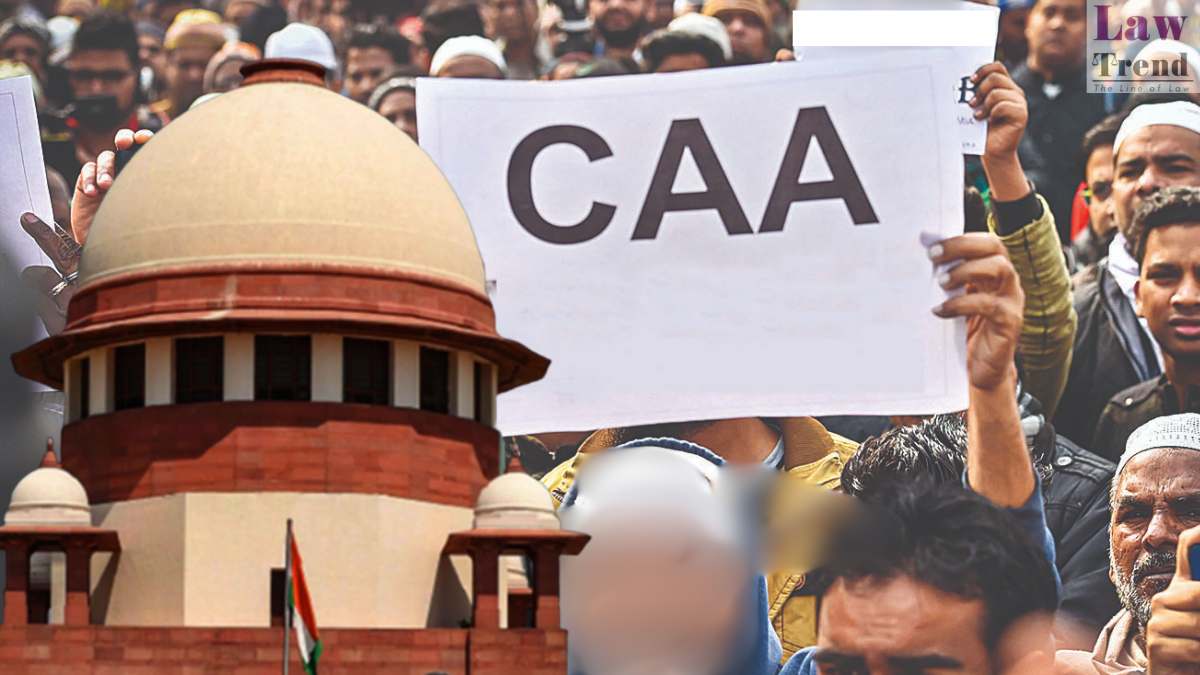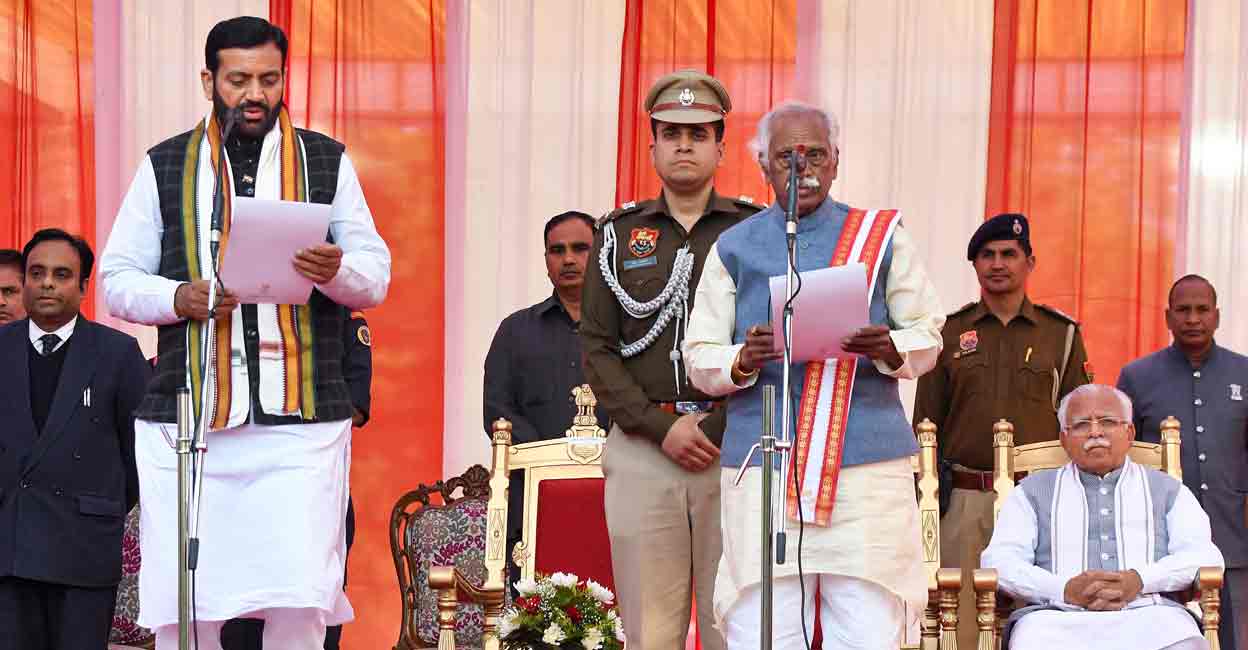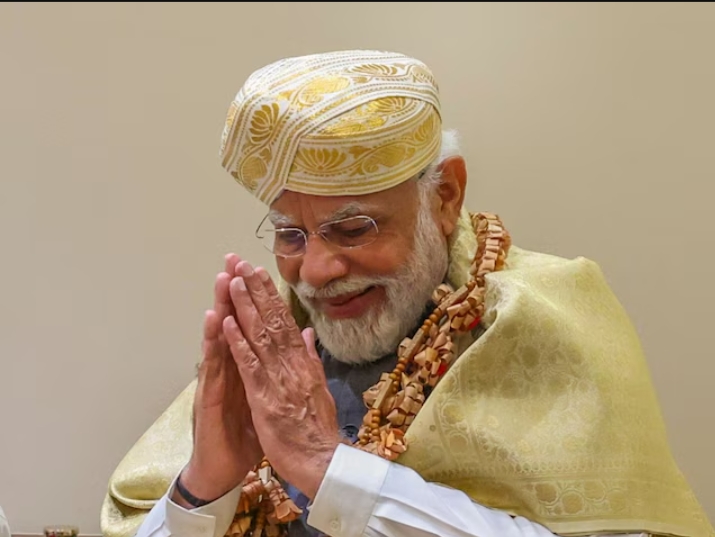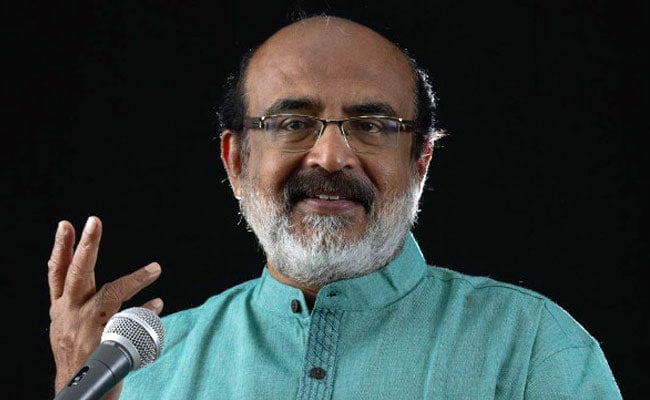NEW DELHI: The Supreme Court of India has taken a significant step in response to the Citizenship Amendment Act (CAA) by issuing notices to the Union government regarding several applications seeking a stay on its implementation. These applications, numbering around 20, were filed in light of the CAA and its accompanying Rules, which were notified on March 11, 2024.
The Supreme Court has directed the Union government to respond to the notices within three weeks, with a hearing scheduled for April 9, 2024. This development comes as a response to a batch of 200 petitions seeking a stay on the controversial CAA 2019.
During the hearing, petitioners repeatedly appealed to the court to halt the process of granting citizenship to persecuted communities from Islamic states such as Afghanistan, Pakistan, and Bangladesh until the Supreme Court reaches a decision on the stay application.
Indira Jaising, representing some petitioners, proposed that the court at least stay all citizenship grants until its final decision. However, the court explained that the infrastructure necessary for the grant of citizenship is not yet fully established, deflecting the plea.
The bench hearing the petitions is chaired by Chief Justice of India DY Chandrachud and comprises Justices JB Pardiwala and Manoj Misra.
Among the petitioners is the Indian Union Muslim League (IUML), which seeks protection for Muslims under the CAA. IUML has urged the court to allow Muslims to apply for citizenship and has requested an evaluation of their eligibility. Since 2019, IUML has been a vocal critic of the CAA, arguing that it institutes discriminatory citizenship-granting processes based solely on religious identity.
Additionally, the Democratic Youth Federation of India has filed a plea seeking a stay on the Citizenship (Amendment) Rules, 2024.
Asaduddin Owaisi, chief of the All India Majlis-e-Ittehadul Muslimeen (AIMIM), has also petitioned against the CAA, requesting directives to halt the processing of citizenship applications under Section 6B of the Citizenship Act, 1955, until ongoing legal proceedings conclude. Owaisi’s intervention adds another layer to the legal scrutiny of the contentious legislation.
These petitions collectively urge the court to instruct the Centre to suspend the implementation of the rules until it adjudicates on the constitutional validity of the CAA.
The CAA, enacted by the Centre and ratified by Parliament in 2019, aims to grant Indian citizenship to persecuted non-Muslim migrants from Bangladesh, Pakistan, and Afghanistan who arrived in India before December 31, 2014.
Also Read: PM Modi Gets Emotional, Pays Tribute to Slain BJP Member During Salem Rally in Tamil Nadu



